Tourist Disaster Preparedness Guide for Japan
当サイトは広告が表示される場合がございます。
2024年04月20日/お知らせ & コラム、UVカット製品
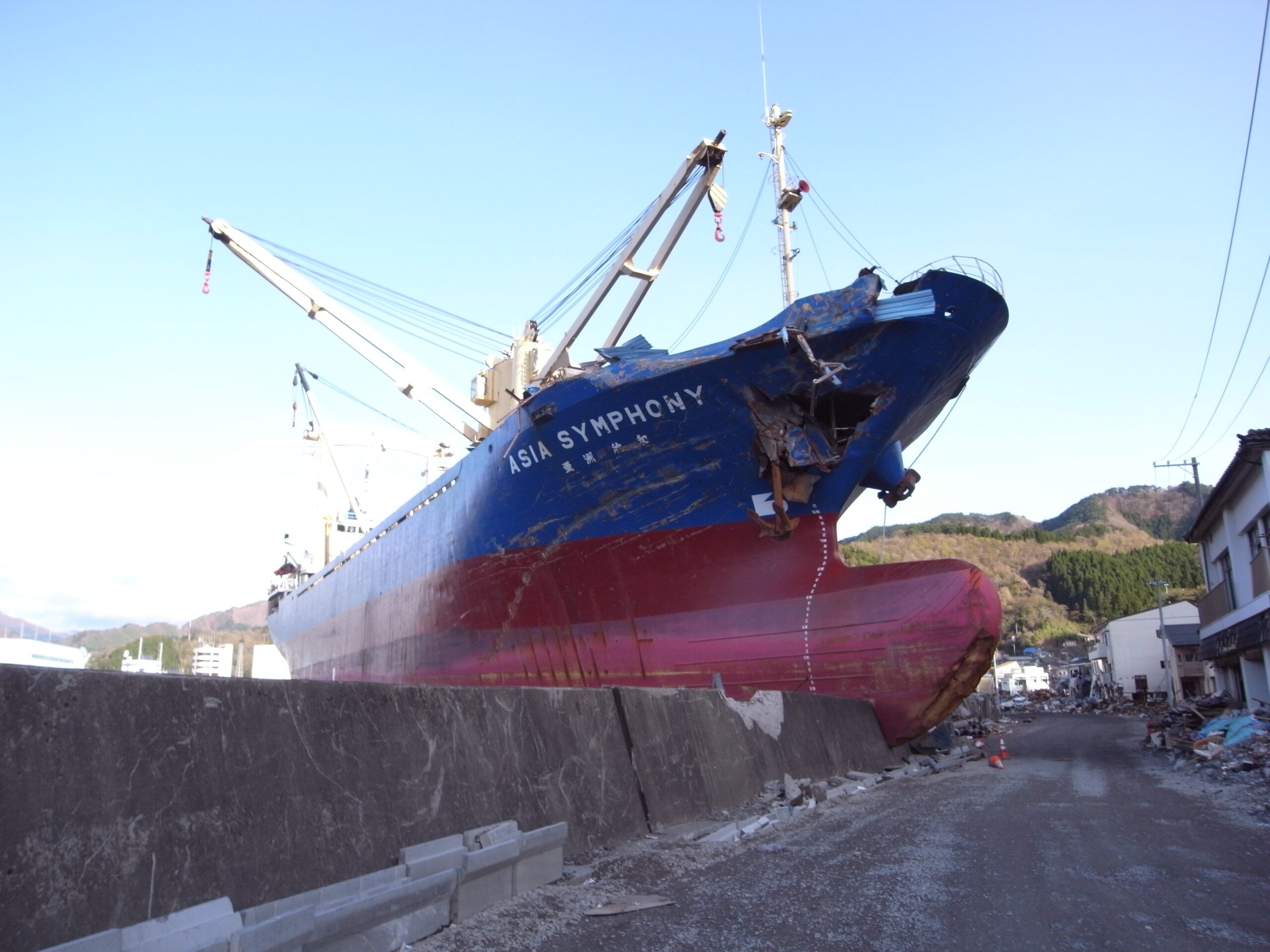
When visiting Japan, it's important to be prepared for natural disasters such as earthquakes, typhoons, and floods. To ensure a safe and enjoyable trip, familiarize yourself with the following information and take necessary precautions in advance.
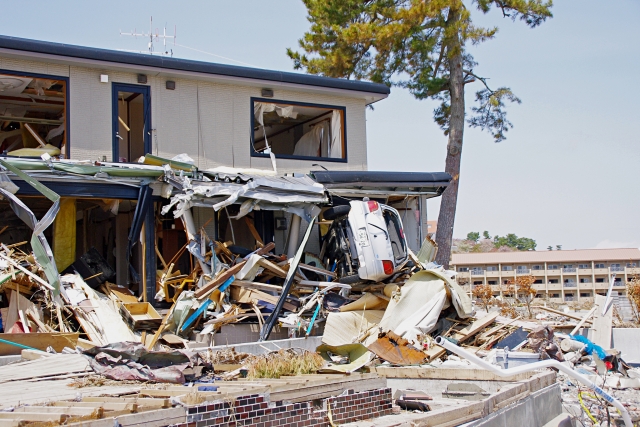
Earthquakes
Japan experiences frequent earthquakes. Here are some tips to prepare for earthquakes:
Identify evacuation routes: Know the evacuation routes near your accommodation and tourist destinations.
Prepare an emergency kit: Pack essentials such as a mobile phone, drinking water, non-perishable food, a radio, etc., in an emergency kit.
Know what to do during tremors: Familiarize yourself with the "Drop, Cover, and Hold On" protocol to protect yourself during tremors.
Typhoons
Typhoons, accompanied by strong winds and heavy rainfall, often hit Japan from summer to autumn. Here's how to prepare for typhoons:
Monitor weather forecasts: Stay updated on the typhoon's path and expected impact.
Ensure accommodation safety: Confirm if your accommodation has typhoon preparedness measures in place and identify safe areas for shelter.
Limit outdoor activities: Avoid outdoor activities during a typhoon and stay indoors in a safe location.
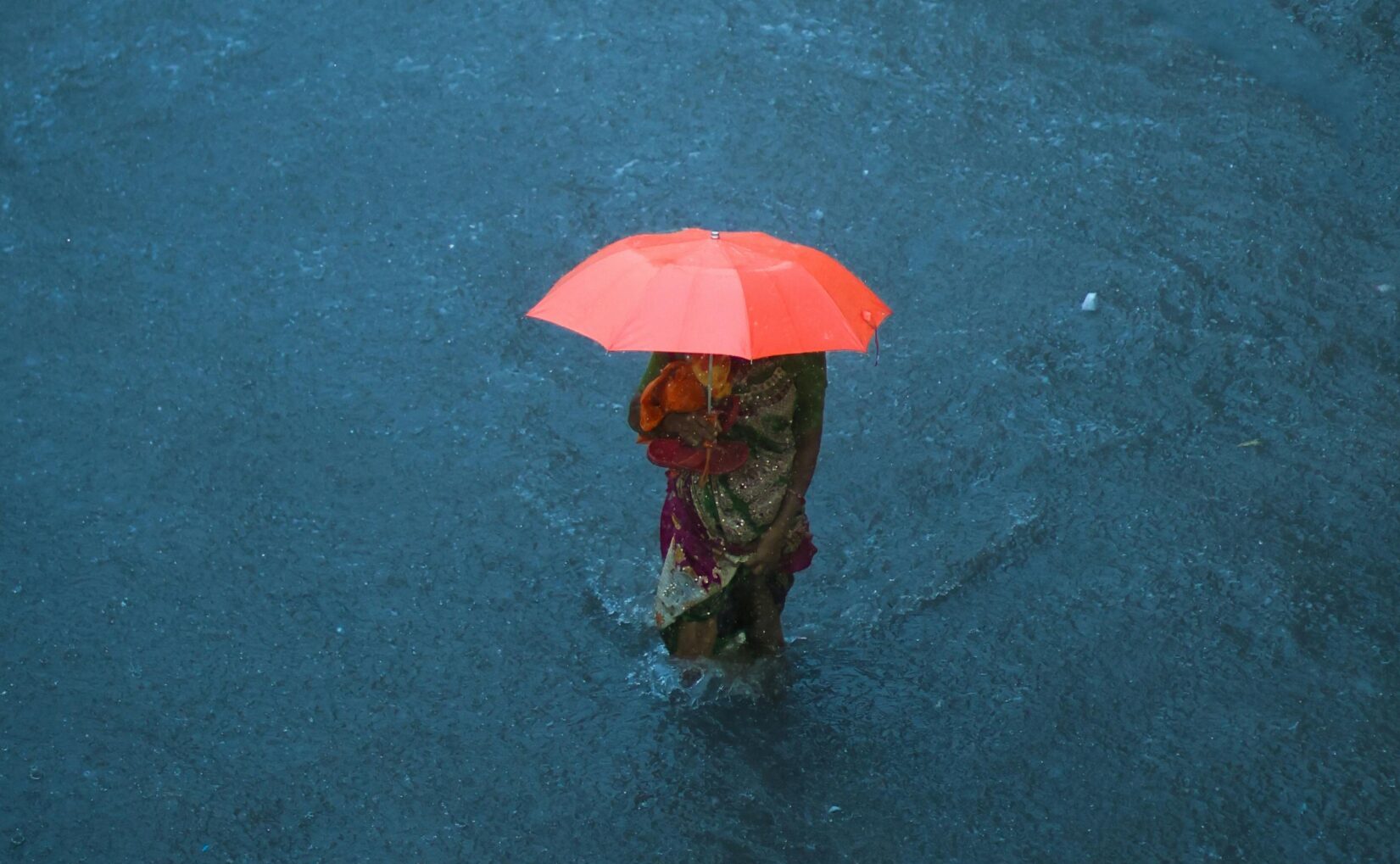
Floods
Heavy rainfall from typhoons or other factors can lead to flooding. Here's how to prepare for floods:
Create an evacuation plan: Discuss evacuation routes and safe locations with your travel companions.
Be aware of flood-prone areas: Research whether your accommodation or tourist destinations are located in flood-prone areas.
Pay attention to flood warnings: If a flood warning is issued, evacuate to a safe location immediately.
Conclusion
When visiting Japan, it's essential to prepare for earthquakes, typhoons, floods, and other potential disasters. By gathering information beforehand and taking appropriate precautions, you can ensure a safe and enjoyable journey. Stay calm and follow instructions from local authorities during emergencies.
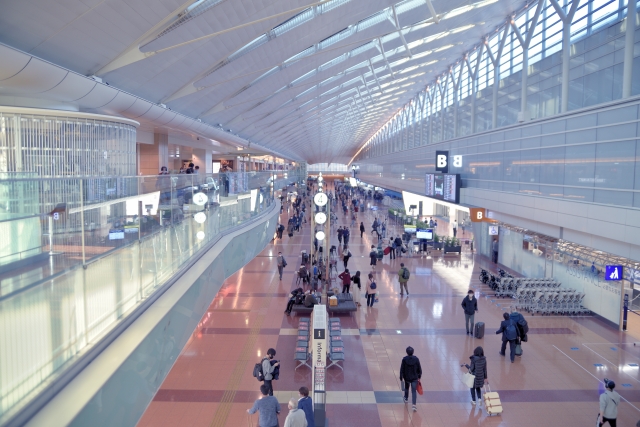
Wishing you a safe and memorable trip!
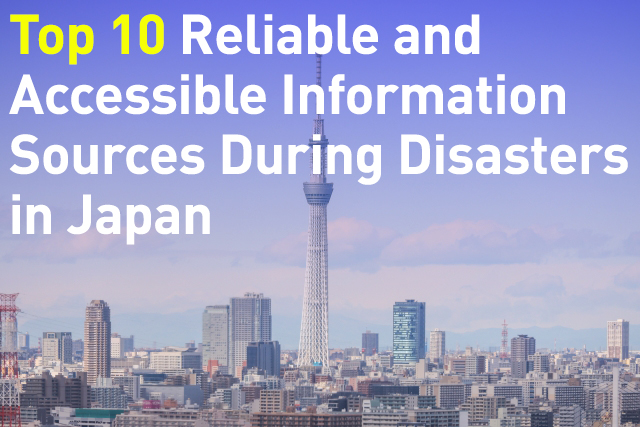
Top 10 Reliable and Accessible Information Sources During Disasters in Japan!
Japan Meteorological Agency (JMA):
Official government agency providing accurate and timely updates on earthquakes, typhoons, tsunami warnings, and weather forecasts.
NHK World Japan:
Japan's national public broadcasting organization offering news updates, emergency alerts, and real-time coverage of disasters in English.
Japan Safe Travel:
Official website managed by the Japan National Tourism Organization (JNTO) providing safety information for travelers, including updates on natural disasters.
Local Government Websites:
Websites of local municipalities or prefectures offering localized information, evacuation instructions, and emergency contacts during disasters.
Google Crisis Map:
Google's online map service providing real-time updates on disaster-affected areas, evacuation routes, and emergency shelters.
X(Twitter):
Follow official accounts such as @JPN_PMO (Prime Minister's Office of Japan) and @japan (Japan Official Tourism Account) for reliable updates during emergencies.
Japan Radio Stations:
Tune in to English-language radio stations such as InterFM (89.7 FM Tokyo) or FM Yokohama (84.7 FM Yokohama) for emergency broadcasts and updates.
Japan Airlines (JAL) and All Nippon Airways (ANA):
Check the airlines' official websites or social media channels for travel advisories, flight cancellations, and airport status during disasters.
Embassy Websites:
Websites of your country's embassy or consulate in Japan for assistance, safety advisories, and emergency contact information.
Safety Apps:
Download and use safety apps like Safety Tips Japan or Yurekuru Call for earthquake alerts, disaster preparedness tips, and emergency contacts.
These sources can provide reliable information and guidance to ensure your safety during a disaster in Japan.

There have been instances where foreign tourists have been caught up in disasters such as earthquakes and typhoons in Japan.
For example, during the Great East Japan Earthquake of 2011, many foreign tourists were affected. The earthquake and subsequent tsunami caused extensive damage, affecting numerous tourist destinations and transportation infrastructure. Foreign tourists were among those impacted, facing difficulties in evacuating and returning home. Subsequent aftershocks and concerns about radiation leaks also led to temporary closures of some tourist sites.
Moreover, when typhoons approach or make landfall, foreign travelers can also be affected. There may be disruptions in transportation, closures of tourist attractions, and evacuations at accommodation facilities.
These incidents highlight the importance for foreign tourists to be aware of the potential for disasters in Japan and to prepare accordingly. Gathering relevant information and taking appropriate precautions can help ensure a safer trip.
